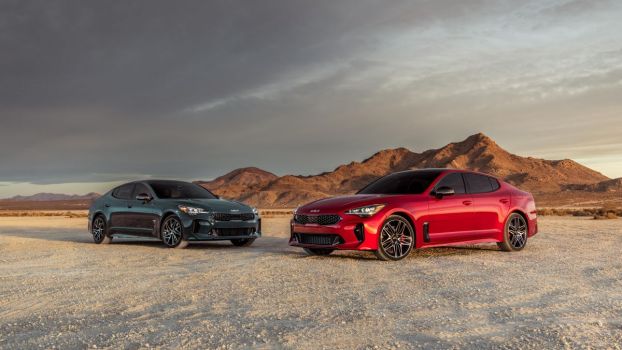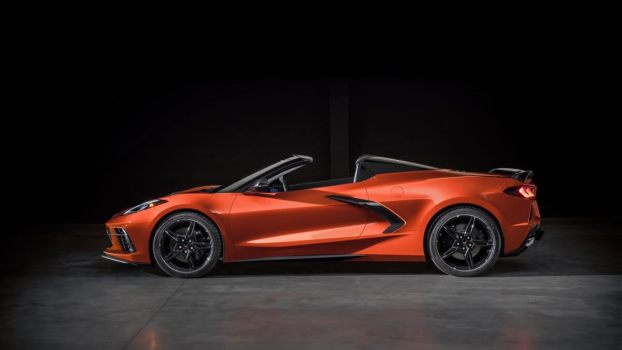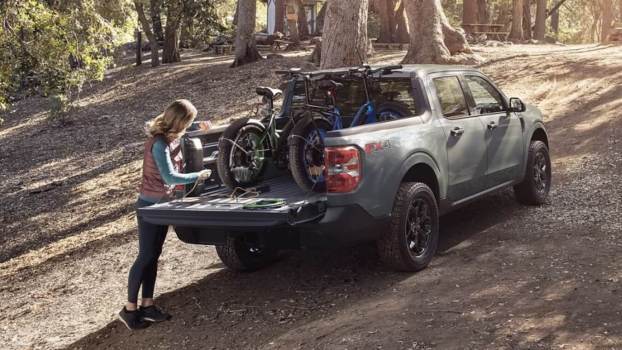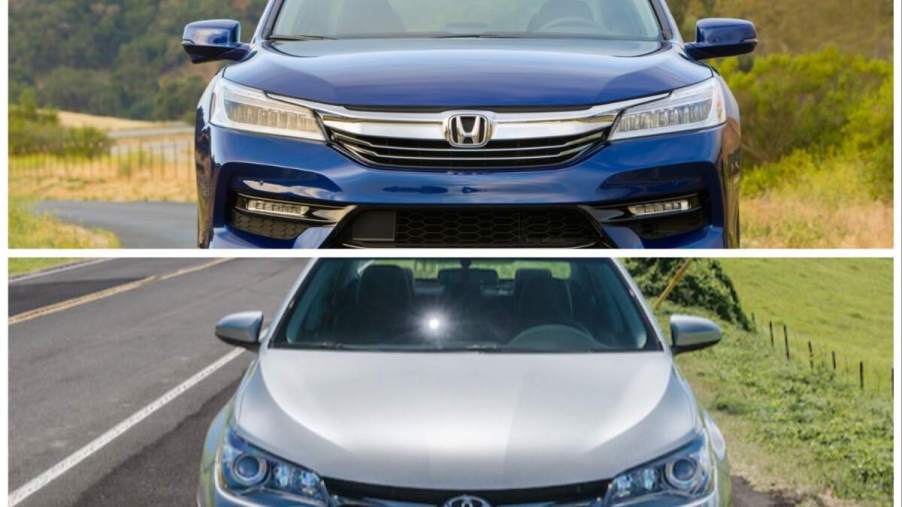
Are Japanese Car Brands Losing Their Appeal?
Japanese auto giants — Toyota, Honda, and the like — have spent decades building their reputations as reliable carmakers with a global audience. However, recent stats indicate their vehicles are not as attractive to consumers as they once were. A recent survey of new car owners shows that Japanese car brands are seeing declining satisfaction. Each company has reasons for the downturn, but their struggles share similarities.
The 2023 APEAL Study indicates a slight decline in the auto industry
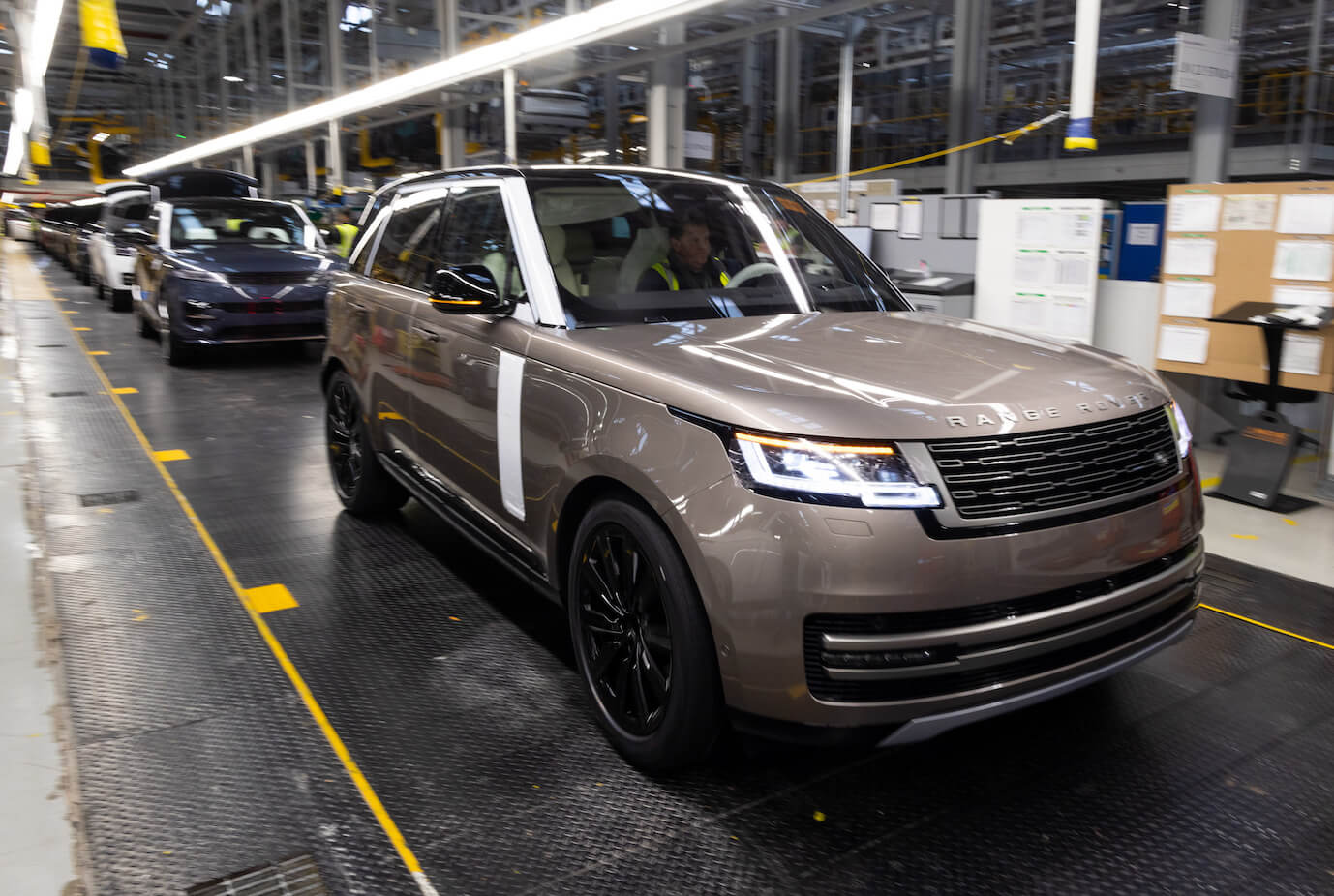
In July, J.D. Power released its 2023 U.S. Automotive Performance, Execution, and Layout (APEAL) Study. The findings describe a difficult moment for the automotive industry. According to the data analytics firm, overall owner satisfaction earned a rating of 845 on a 1,000-point scale, a decrease of 2 points from a year ago and 3 points lower than in 2021. This is the first time in the study’s history that satisfaction has declined year over year in consecutive years.
The APEAL Study received survey responses from 84,555 vehicle owners surveyed after 90 days of ownership and filtered their answers into 10 factors, nine of which came out as lesser than they once were. The sole factor to increase was fuel economy, which earned a score (771) 15 points higher than in 2022. The factor with the largest decline was exterior, falling from 894 to 888.
Dodge (887) was the highest-ranking mass-market brand for the fourth straight year, followed by Ram (873) and GMC (858) in second and third place. Among premium brands, Jaguar (887) was the leading automaker, with Land Rover, Porsche (both 883), and BMW (878) filling out the podium.
Japanese car brands are struggling more than most
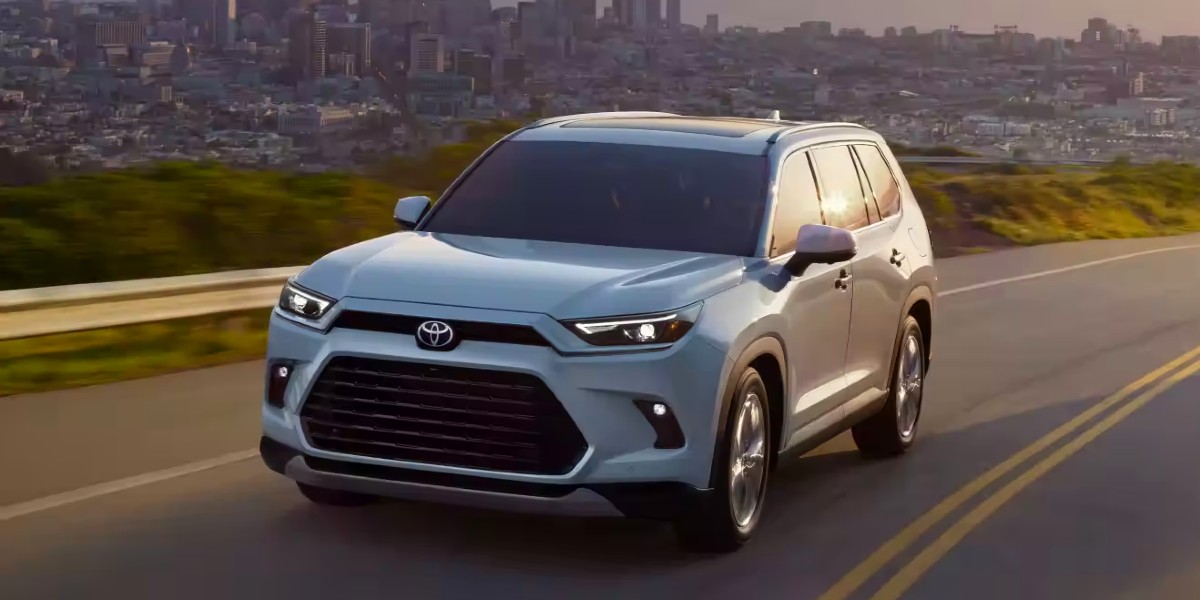
Overall, premium and mainstream segments decreased in overall owner satisfaction, but Japanese car brands were particularly unable to please their customer base.
The average score for mass-market brands was 837. Nearly all the Japanese brands received a lower score. Here are the numbers for the underperforming automakers:
The sole exception was Nissan, earning 843.
Positive recognition was also lacking when J.D. Power named the top three vehicles in 24 vehicle segments. The Toyota Sequoia’s top ranking in the Large SUV category and the Nissan Titan’s win in the Large Light-Duty Pickup category made them the only Japanese vehicles to receive such distinctions among mainstream automakers.
As for premium brand satisfaction, the average score was 871. All three Japanese premium brands landed below that. Here are their numbers:
- Lexus – 864
- Infiniti – 854
- Acura – 853
Only the Lexus IS and RX topped the Compact Premium Car and Midsize Premium SUV segments.
A lack of innovation might be the reason for growing owner dissatisfaction
It seems strange that one nation’s vehicles would have such a noteworthy inability to connect with an American audience.
Frank Hanley, senior director of auto benchmarking at J.D. Power, posits that the general lack of satisfaction might stem from a disconnect between what manufacturers think are appealing new features and what drivers actually desire.
“Despite the technology and design innovations that manufacturers put into new vehicles, owners are lukewarm about them. While innovations like charging pads, vehicle apps, and advanced audio features should enhance an owner’s experience, this is not the case when problems are experienced,” Hanley explained. “This downward trajectory of satisfaction should be a warning sign to manufacturers that they need to better understand what owners really want in their new vehicles.”
For instance, modern drivers might want electric vehicles, a development Japanese carmakers have been slow to recognize. According to The Economist, Japan accounts for only 2% of the auto industry’s EV market, and none of its models is in the top 20 for global sales.
The small footprint of Japanese car brands in this arena stems from complacency at both the company and governmental levels. Subsidies for fuel-cell vehicles are higher than those for EVs and hybrids.
More automakers are releasing electric models, but the benefits of this pivot will take time.
